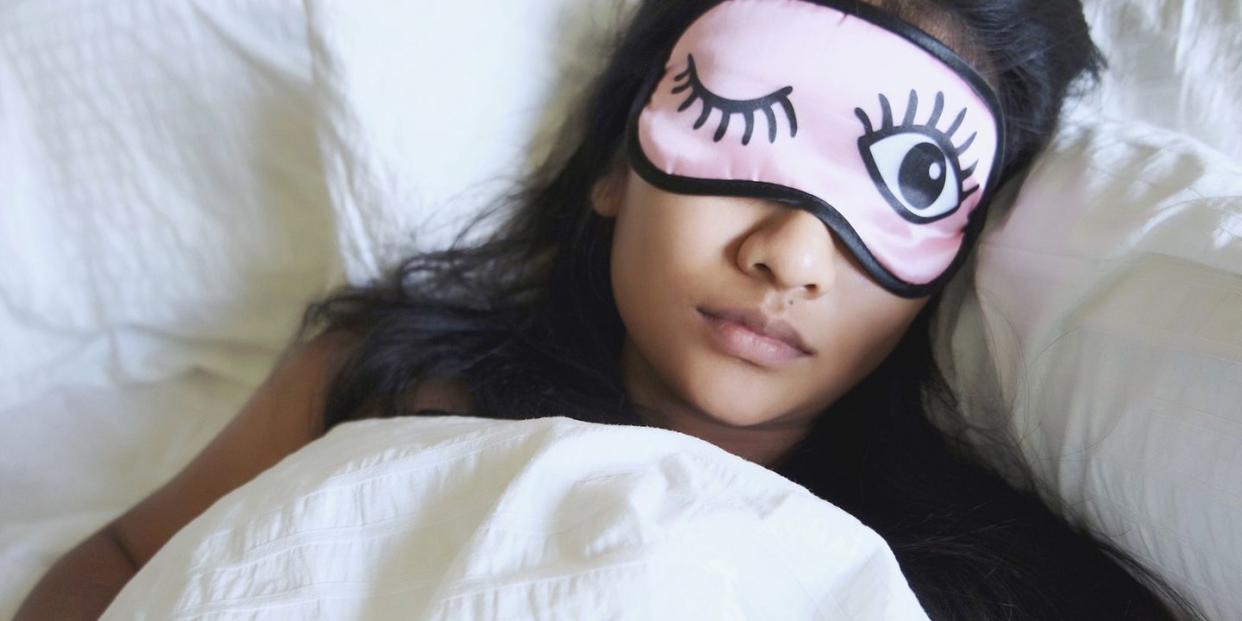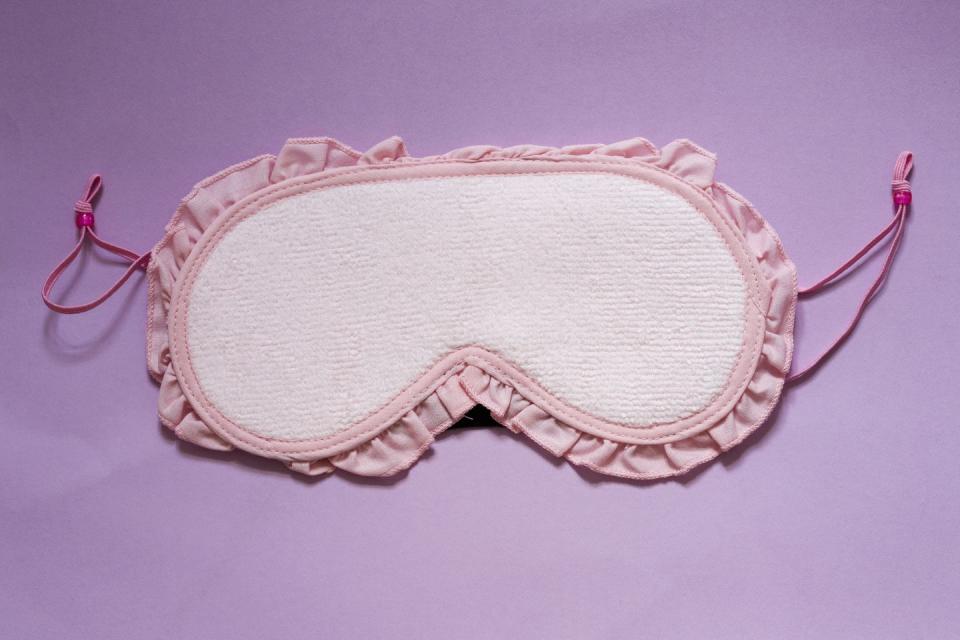These are the five different types of insomnia

Insomnia is a cycle that can feel impossible to break once you're in it. Annoyingly, it doesn't have a 'one-counting-sheep-size-fits-all' solution for everyone, and it can become overwhelmingly stressful, affecting all aspects of a person's life.
But it may be the case that discovering the type of insomnia you suffer from could help you to better treat it. Recent research from the Netherlands Institute for Neuroscience, published earlier this month in The Lancet Psychiatry journal, found that there are actually five types of insomnia.

By analysing information gathered from 4,000 people via an online survey, which asked about sleep habits, personality traits, moods and emotional responses, researchers were able to determine the following five types of insomnia:
Type 1:
Traits include high levels of distress (stress and anxiety), and low levels of happiness.
Type 2:
Traits include moderate levels of distress, and normal levels of happiness and experiences of pleasure.
Type 3:
Traits include moderate levels of distress, with low levels of happiness and experiences of pleasure.
Type 4:
Traits include generally low levels of distress, but long-lasting insomnia is usually triggered by a stressful life event.
Type 5:
Traits include low levels of distress, but insomnia isn't caused by stressful life events.
The idea is that, equipped with more detailed knowledge of their type of insomnia, an individual might explore more personalised treatment - and this was something researchers found proof of success of in their study.

Reporting on the research, Live Science explained that people with insomnia type 2 and insomnia type 4 benefitted most by taking a benzodiazepine (a tranquilising drug). Those with insomnia type 3, on the other hand, did not see improvement from this type of medication. People with insomnia type 2 responded positively to CBDT or cognitive behavioural therapy, while people with insomnia type 4 did not benefit from this kind of treatment.
The study could pave the way for further research into this area with the intention of developing more specialised treatments. Research authors did note, however, that all participants voluntarily agreed to take part in a sleep-related study, meaning they may not necessarily be representative of an across-the-board population as a whole. It would therefore be necessary to look further into the sub-type theory before taking it as gospel.
On that note, I hope you sleep well tonight.
NHS recommendations for dealing with insomnia:
Do:
Go to bed and wake up at the same time every day (but only go to bed when you're tired)
Relax at least 1 hour before bed
Ensure your bedroom is dark and quiet
Exercise regularly during daytime
Make sure your mattress, pillows and covers are comfortable (an excuse to splurge, right?)
Don't
Smoke, or drink alcohol, tea or coffee at least 6 hours before going to bed
Eat a big meal late at night
Exercise any later than 4 hours before bed
Watch TV or use devices right before going to bed (the bright light makes you more alert)
Nap during the day (sadly you're not a baby)
Drive when you feel sleepy
Sleep in after a bad night's sleep – try to maintain some level of normality
Follow Cat on Instagram.
('You Might Also Like',)


